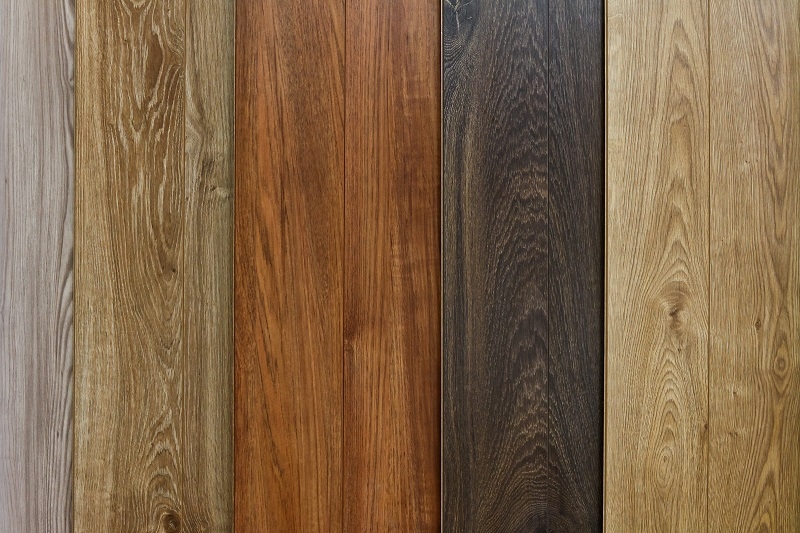Published: 11/10/23 By: Mike Bekin
When it comes to your decking options, there are a whole lot of right and wrong decisions you can make. None, though, are quite as important as the timber you choose. With a whole range of species and use classes available, the wood you choose for your decking boards can affect the look, lifespan and usability of your new space, so it is pretty crucial you get it right!
To make things a little easier, our team at EcoChoice have put together a list of some of the best timber species for your deck, as well as an overview of the quality standards you should look out for.
What is DeckMark?
DeckMark is a quality assurance accreditation developed by the Timber Decking and Cladding Association (TDCA). In terms of timber decking boards, DeckMark looks at the quality of the timber provided by different firms to ensure it is fit for purpose, taking into account factors such as durability and performance. If your timber has the DeckMark stamp of approval, you can be sure that it is a high-quality board.
DeckMark can also be used to approve standards of work by the tradesmen who install the decking. Only the best practices and workmanship standards will be approved by TDCA’s DeckMark.
What Are British Standard Use Classes?
Timber Use Classes are developed by British Standards to give customers and timber experts more information on the suitability of different timbers for different purposes. In general, they look at how susceptible the timber species is to rot and insect attack, with Use Class 1 being the most susceptible and Use Class 4 the least.
For your timber decking, any timber which is going to be in contact with the ground should always be a Use Class 4. Use Class 3 can be used for above-ground boards.
Which Timber Should You Choose?
Now that you have got a good grasp on Use Classes and DeckMark, what species of timber can you use for your decking? Let’s take a look at some of the options which come highly recommended by our timber team.
Oak
Timeless and offering high performance, you cannot go wrong with Oak. It is an incredibly strong timber which can withstand a lot of wear and tear, making it a firm favourite for decking enthusiasts. You can also find Oak not far from Britain from sustainable, FSC-certified or PEFC-certified forests, making it an eco-friendly option.
Siberian Larch
Though a softwood, Siberian Larch is a dense, strong timber which is tougher than most! Because it is slow growing, the timber forms tight knots which ensure it will take a lot of use without a hitch and is suitable for outdoor uses. It also has a striking grain, giving it an aesthetic appeal which homeowners love. Do note, though, that Siberian Larch can move a little more than other timber, so leave space between your boards for a long-lasting deck.
Balau
Balau is a tropical hardwood which is a marine grade species and durable, making it ideal for outdoor use. The reddish-brown colour is also quite unique, with a consistent hue across the boards. As hardwoods go, Balau is a strong, easy choice for decking which is built to last.
ThermoWood
Now onto a couple of modified wood options. ThermoWood uses the age-old technique of heat to toughen up softer woods, creating an ultra-tough option for your decking. In recent years, it has gained popularity for a number of reasons, including the wide range of timbers which can be thermo-modified such as Ash, Spruce and Redwood.
OrganoWood
OrganoWood is an innovative treatment process which creates hardier timber. Developed in Sweden, it takes high-quality Pine and combines it with a natural silicon compound to enhance its durability properties for a timber which is far more resistant to rot. An eco-friendly treatment option, OrganWood is a great choice for your decking.
Find Out More at EcoChoice
These are just a couple of timber options for your decking, but there are plenty more out there! If you need help finding the perfect timber for your unique project, get in touch with our experts at EcoChoice and we will be happy to help.
Image: eranicle / Shutterstock.com
